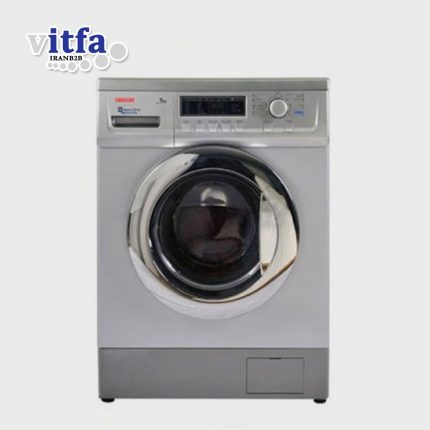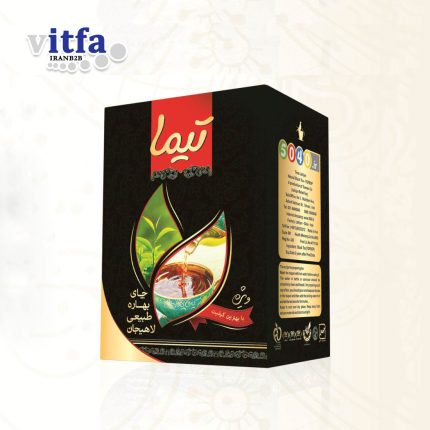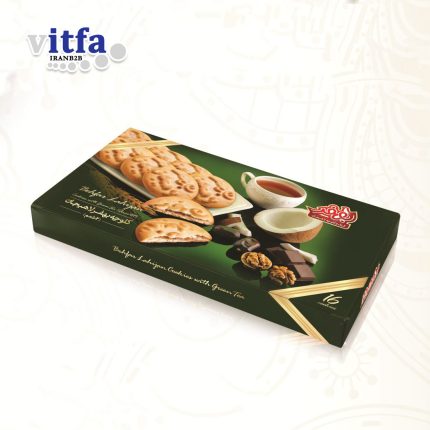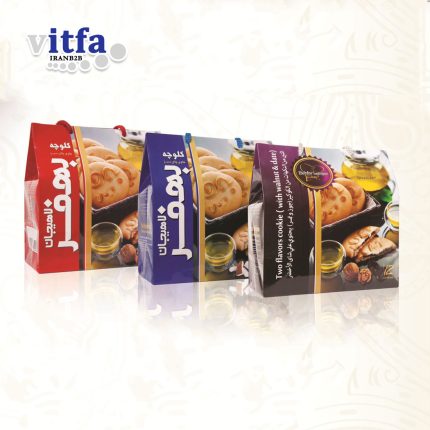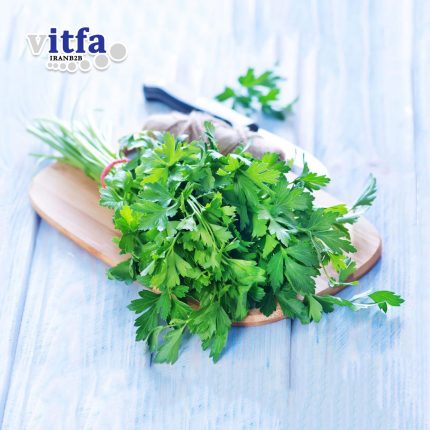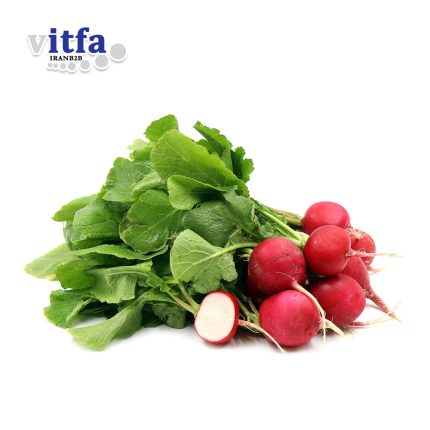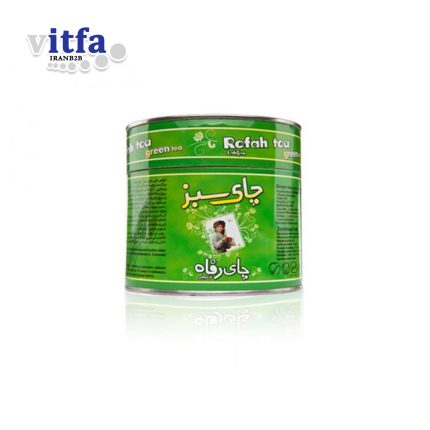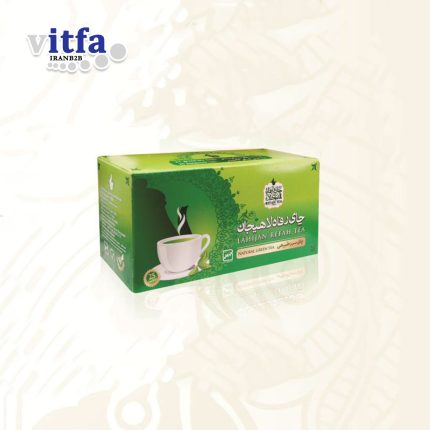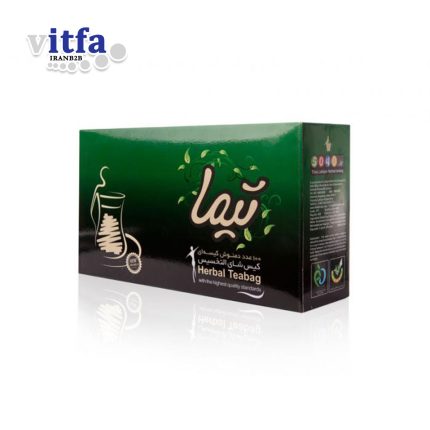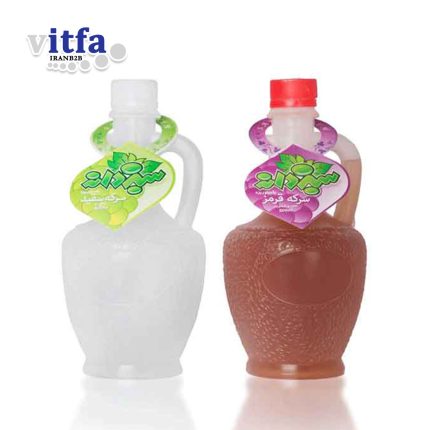Rose Water
Rose water is a flavoured water made by steeping rose petals in water. It is the hydrosol portion of the distillate of rose petals, a by-product of the production of rose oil for use in perfume. It is used to flavour food, as a component in some cosmetic and medical preparations, and for religious purposes throughout Europe and Asia. Rose syrup (not to be confused with rose hip syrup) is made from rose water, with sugar added.
In Iran, India and other countries in the Indian Subcontinent: Gulab; refers to (Gul- Flower) and (Ab- Water) in the Persian language.
The cultivation of various fragrant flowers for obtaining perfumes including rose water may date back to Sassanid Persia. Locally it was known as golāb in Middle Persian, and as zoulápin in Byzantine Greek.
The modern mass production of rose water through steam distillation was refined by Persian chemist Avicenna in the medieval Islamic world which led to more efficient and economic uses for perfumery industries. This allowed for more efficient and lucrative trade.
Uses
Edible
Rose water has a very distinctive flavour and is used heavily in Persian and Middle Eastern cuisine—especially in sweets such as nougat, gumdrops, and baklava. For example, rose water is used to give some types of Turkish delight (Rahat lokum) their distinctive flavours.
The Cypriot version of mahaleb uses rosewater. In Iran, it is also added to tea, ice cream, cookies and other sweets in small quantities, and in the Arab world, Pakistan and India it is used to flavour milk and dairy-based dishes such as rice pudding. It is also a key ingredient in sweet lassi, a drink made from yogurt, sugar and various fruit juices, and is also used to make jallab. In Malaysia and Singapore, sweet red-tinted rose water is mixed with milk, which then turns pink to make a sweet drink called bandung. Rose water is frequently used as a halal substitute for red wine and other alcohols in cooking; the Premier League offer a rose water-based beverage as an alternative for champagne when rewarding Muslim players.
Marzipan has long been flavoured with rose water. Marzipan originated in the Middle East and arrived in Western Europe by the Middle Ages; it continues to be served as a postprandial snack. Rose water was also used to make Waverly Jumbles. American and European bakers enjoyed the floral flavouring of rose water in their baking until the 19th century when vanilla flavouring became popular.
In parts of the Middle East, rose water is commonly added to lemonade or milk. It is often added to water to mask unpleasant odours and flavours found in tap water.
In many parts of Mexico, rose water is an essential ingredient for “rose petal raspado” (Raspado de pétalos de rosa), a rose petal-flavored shave ice.
In the historic English county of Yorkshire rosewater has long been used as a flavouring for one of that regions best loved dishes; Yorkshire curd tart.
Cosmetic and medicinal use
In medieval Europe, rosewater was used to wash hands at a meal table during feasts.
Rose water is a usual component of perfume. A rose water ointment is occasionally used as an emollient, and rose water is sometimes used in cosmetics such as cold creams. Some people in India also use rose water as spray applied directly to the face for natural fragrance and moisturizer, especially during winters. It is also used in Indian sweets and other food preparations (particularly gulab jamun). Rose water is often sprinkled in Indian weddings to welcome guests.
Religious uses
Rose water is used as a perfume in religious ceremonies (Muslim, Hindu and Zoroastrian). Water used to clean the Kaaba, the Qibla for Muslims located in Mecca, combines water from the Zamzam Well with rose water as an additive. In the Indian subcontinent and Southeast Asia during Muslim burials, rose water is often sprinkled in the dug grave before placing the body inside. Rose water is used in some Hindu rituals as well. Rose water also figures in Christianity, particularly in the Eastern Orthodox Church. In the Baha’i Faith, the Most Holy Book (Kitab-i-Aqdas 1:76) orders the believers to make use of rose water.


MAECENAS IACULIS
Vestibulum curae torquent diam diam commodo parturient penatibus nunc dui adipiscing convallis bulum parturient suspendisse parturient a.Parturient in parturient scelerisque nibh lectus quam a natoque adipiscing a vestibulum hendrerit et pharetra fames nunc natoque dui.
ADIPISCING CONVALLIS BULUM
- Vestibulum penatibus nunc dui adipiscing convallis bulum parturient suspendisse.
- Abitur parturient praesent lectus quam a natoque adipiscing a vestibulum hendre.
- Diam parturient dictumst parturient scelerisque nibh lectus.
Scelerisque adipiscing bibendum sem vestibulum et in a a a purus lectus faucibus lobortis tincidunt purus lectus nisl class eros.Condimentum a et ullamcorper dictumst mus et tristique elementum nam inceptos hac parturient scelerisque vestibulum amet elit ut volutpat.
General Inquiries
There are no inquiries yet.



